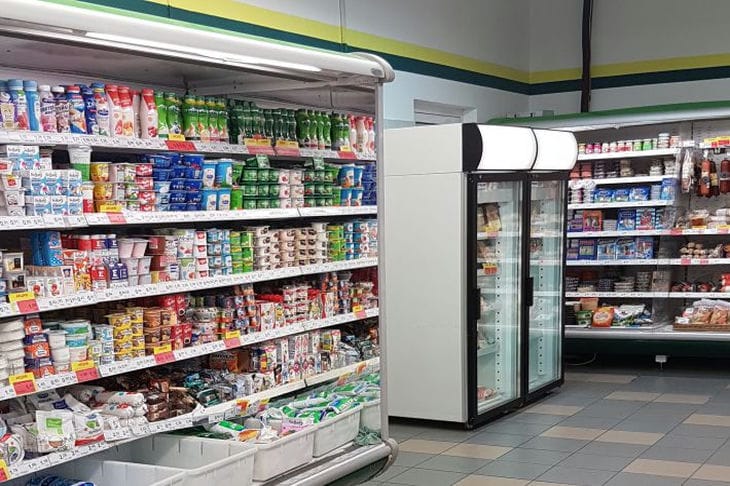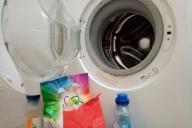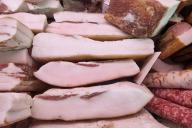Saved money means earned money.
Indeed, this quote applies to every customer in the store.
After all, when you come to the supermarket, your head is spinning from the number of goods. So, how not to spend more than planned.

Let's make a list
Before you go to the store, make a shopping list. With its help, you will protect yourself from unnecessary purchases.
Such a banal action will help to buy something really necessary. The list is made for both daily and weekly purchases.
Empty stomach
You can't go shopping hungry. In a supermarket, everything is arranged so that if a customer comes hungry, he will not buy essential products, but what he likes here and now.
Delicious smells and original packaging make the consumer (on a subconscious level) buy unnecessary goods. Before you go shopping, have a snack.
Shopping with kids
Another tip for saving is not to take children with you. A child will constantly distract a parent, and the latter will not be able to concentrate on buying the necessary goods. Because of this, a person will lose time and buy unnecessary things.
Cart size
If the shopping list is long (often weekly), then choose a cart. For a daily list, a small basket will do.
Due to the capacity of the cart, it seems to us that there is little product - shopping continues. The surprise will come later, when the buyer studies the receipt.
Promotions and discounts
Carefully study the products on sale. After all, no matter how delicious the promotion or discount on the product is, the store will still not go into the red.
Deeply discounted items require attention. Look at the fine print. Pay attention to expiration dates and the number of items on the shelf.
Often products with expiring expiration dates are offered at a discount. Unpopular and useless products are also often put on sale.
Upper and lower shelves
On store shelves, you can notice such a trick that expensive goods are at the buyer's eye level. And cheap and affordable goods are on the lower shelves.
Number of visits to the store
It's better to visit the store a couple of times a week. That way there will be less temptation to buy something else.
Cash
It is better to pay in cash. When paying in cash, the consumer "feels the money", that is, he sees how much money he spent. It is advisable to take a limited amount of money with you to protect yourself from temptations.
Products at the checkout
Near the cash registers there are display cases with instant demand goods. Their purpose is to extract money from the buyer. Be careful and do not fall for such a trick.
You shouldn't buy groceries in one place
Buying everything in one supermarket is more convenient and faster, but look for good deals in other stores. This way you will save on essential products.
Wholesale purchases
In European countries this opportunity has existed for a long time, but in the CIS countries it is only gaining popularity.
Buy goods in bulk - a week or longer, and at a discount. It is cheaper to buy goods by weight than to buy in a pack.
Go to the market
Basic products such as milk, vegetables, fruits, fish can be easily bought at the market. Bargaining and finding a common language with the seller is an easy and profitable solution.
Order online
Shopping online is much more convenient because you can quickly select products based on specified criteria.
Online stores have many discounts and offers, delivery and a convenient payment method for the customer.
Accumulative and discount store cards
Use supermarket discount cards. Cards are also needed to accumulate bonuses when buying promotional items.
Following these simple tips will help you save money. By gradually introducing them into your daily life, your monthly expenses will decrease. Good luck!








